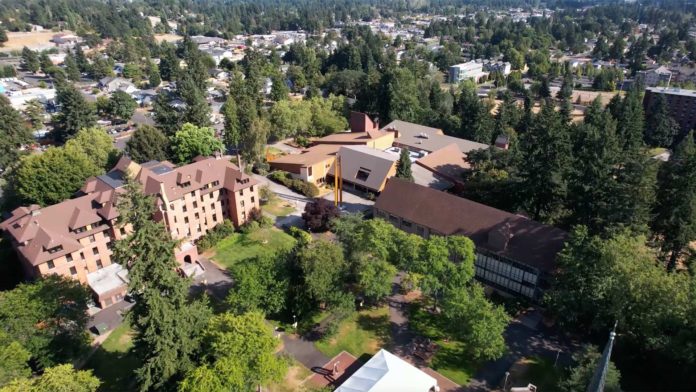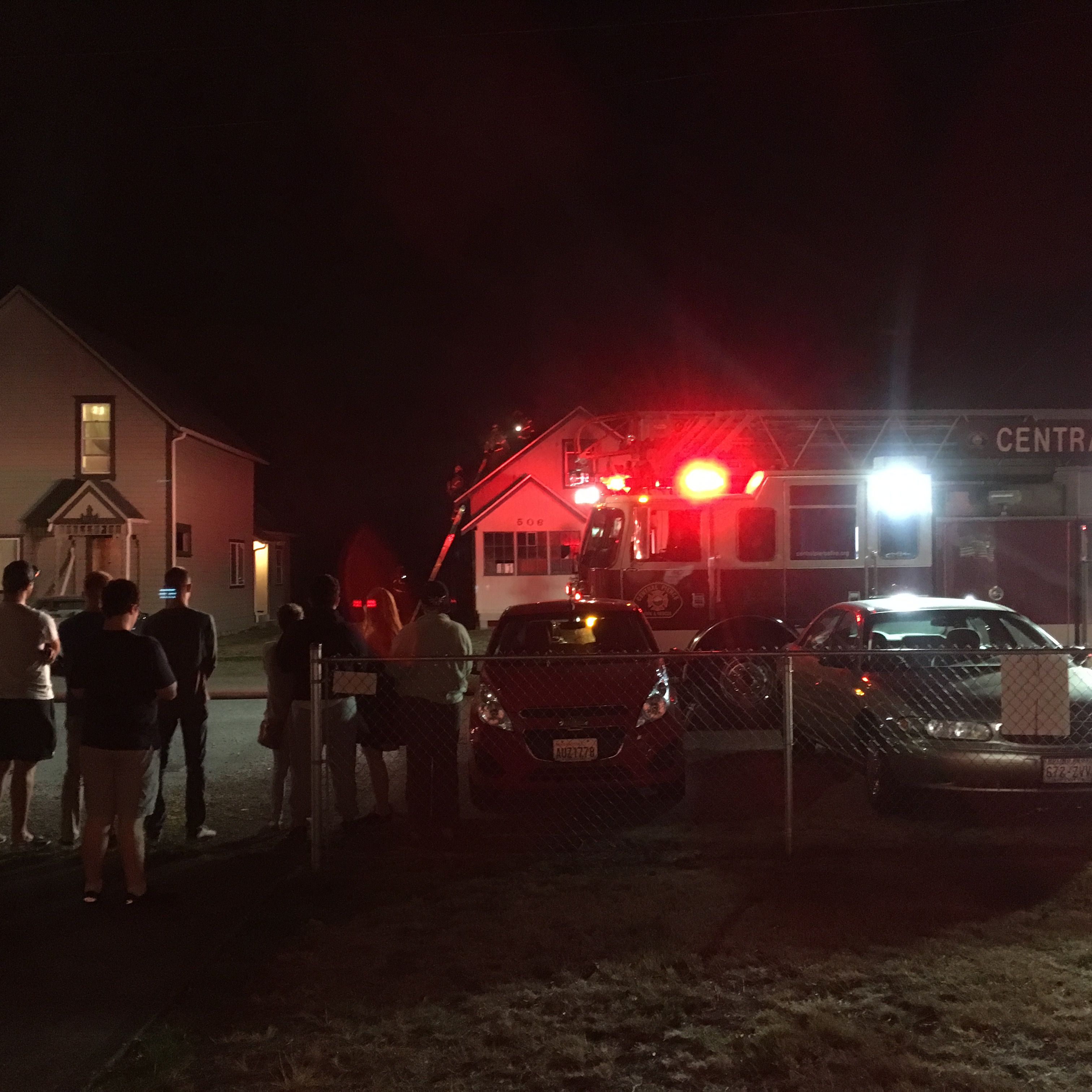Brennan LaBrie
Editor-in-Chief
Starting this fall, Pacific Lutheran University’s academic departments will be divided among just four colleges: the College of Health Professions, the College of Natural Sciences, the College of Professional Studies, and the College of Humanities, Interdisciplinary Studies, and Social Sciences.
This academic restructuring was approved by faculty vote during the December Faculty Assembly, and later by the Board of Regents in February.
The College of Health Professions will be composed of nursing, kinesiology, marriage and family therapy, and social work. The College of Professional Studies will house Business, Communication, Art and Design, Education, Music, Theater and Dance, and Innovation Studies. Psychology and Environmental Studies will join the five majors currently housed in the Division of Natural Sciences to form the College of Natural Sciences.
The College of Humanities, Interdisciplinary Studies, and Social Sciences will hold 18 departments, from Anthropology and Economics to English and Publishing and Printing Arts. Other departments in this college include the Masters of Fine Arts program, the Individualized Major program, and the STEM education minor. French, German, Hispanic and Latino Studies, Nordic Studies, Classics and Chinese Studies now compose the Languages and Literature department within this college.
“This restructure process does not change the programmatic offerings in general nor specifically does it eliminate or change any of the majors/minors we offer,” said Faculty Chair Bridget Yaden in an email to The Mast. “What it does allow for is a more sustainable, less expensive administrative structure for an institution of our size.”
The goals of the restructure, according to Yaden, included creating a “modern academic structure designed to attract and retain potential student populations,” providing faculty with “appropriate administrative support” to help them focus on teaching, and to increase efficiency in administrative work and costs through “more appropriately aligning with current and projected student enrollment.”
“Conversations around restructuring of the academic division have been ongoing for years,” she said. “For a university of our size, having a large structure of eight schools/divisions was administratively expensive and not very efficient.” She added that the average number of schools or divisions for most universities in PLU’s size category is three to five.
The restructuring process commenced in February 2020, when the Board of Regents endorsed an ongoing effort by the Provost Academic Council (PAC) and the administration to implement, “substantive and innovative structural changes within the academic division,” Yaden said. The PAC is made up of representatives from each division and school at PLU.
The Board requested that a recommended academic restructure be brought to them by May 2020 in order to implement it in the following fall semester. However, the COVID-19 pandemic forced the PAC and administration to postpone the process, as they didn’t wish to rush through it without proper input and communication with faculty, according to Yaden.
Following surveys of PLU faculty and staff, as well as research into the structures of other universities, a recommended model was brought before the faculty assembly in October 2021. The faculty reviewed it again at the following two assemblies before voting on it during the December assembly. It passed with 108 yes votes and 26 no votes. No faculty amendments were submitted. In January, faculty got to vote via Google Form which college they preferred their department be housed in.
Ann Auman, the current Dean of Natural Sciences, was tapped to be the dean of the new College of Natural Sciences. She said that the new structure will be “more efficient and less expensive” for a university the size of PLU.
“Hopefully, the restructuring will also allow for increased collaboration between faculty in departments who share similar interests that were not previously housed together in this way,” she said.
Both Auman and Yaden said that students will not see much of a difference in their day-to-day lives.
“Students generally are more impacted by their major and minor programs, not what division, school or college that these programs are housed within,” Auman said.
Auman is excited about her new position as dean despite the additional responsibilities it will entail, including overseeing more departments, faculty and students.
“I look forward to taking on the challenge of leading the new college through this process and into the future, establishing new collaborations both within the college and between colleges, and facilitating my colleagues to do amazing work both inside and outside of the classroom,” she said.
Cameron Bennett, current dean of the School of Arts and Communication, will lead the College of Professional Studies. David Ward, current program director of the Marriage and Family Therapy Masters program, will head the College of Health Sciences. The search for a dean for the College of Humanities, Interdisciplinary Studies, and Social Sciences is still underway.




















